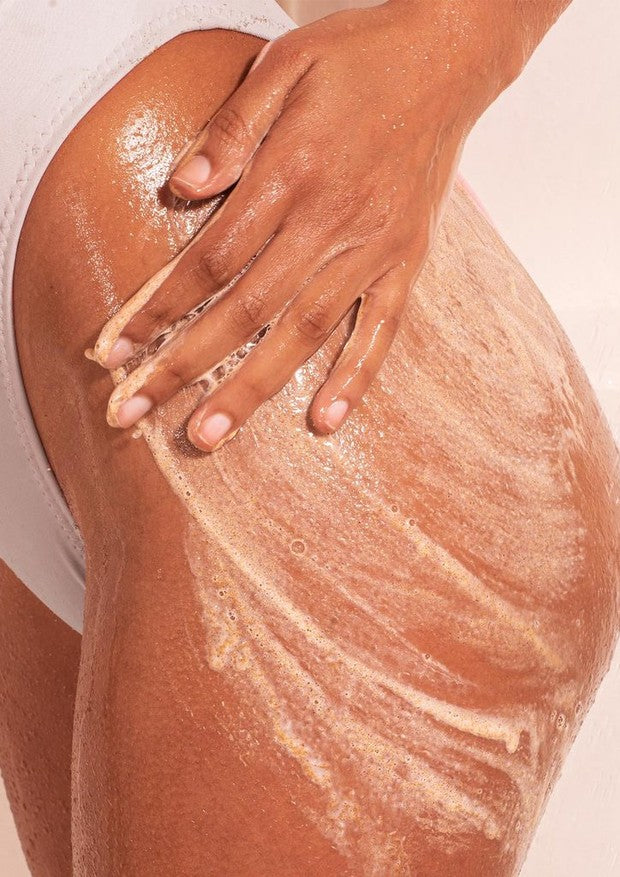
Skin Microbiome 101: How to Promote Good Bacteria and Glowing Skin
Skin is the largest organ in the body and the first point of contact between us and pretty much everything outside of us. The skin has a vast array of microbes, which play an important part in our health. Research has just begun to piece together the facts, and excitingly, more research is on the horizon.
Our microbiomes and their diversity not only play a key role in having clear, healthy-looking skin but are essential to our overall health. Here is everything you need to know about skin the microbiome and how to care for yours.
What Is The Skin Microbiome?
The skin microbiome, also called skin flora, are the trillions of bugs that live on the skin belonging to 1,000 different bacterial species and up to 80 other fungi species. Some of these microbiomes are also a part of gut flora. The skin microbiome varies depending on the location, on the amount of light it receives or whether the area is moist, dry, hairy, or oily. It also differs with respect to age and gender.
How Does it Play a Role in Overall Health?
- A healthy skin microbiome protects against infection in the same way the gut microbiome does by inhibiting the growth of pathogenic microorganisms.
- The microbiome and skin immune system regularly communicate to reduce inflammation and help balance things out. They can inhibit the release of inflammatory compounds from the immune system.
- The microbiome aids in healing wounds, limits exposure to allergens, minimises oxidative damage, protects from UV rays, and keeps the skin plump and moist.
How Can I Promote Good Bacteria?
Do you think that you have ignored your microbiome and might have done some damage? A positive note is you can help support its function from here on out. Here's how:
- We have been shouting out loud that hydration is the key to good health. Skin health is not different at all. Keep yourself hydrated for glowing skin and a healthy skin microbiome.
- We recommend foods rich in proteins, carbohydrates, good fats & colourful vegetables. Keep processed foods and extra sugar away from your plate as what you put in your mouth affects your skin and skin microbiome in many ways.
- Internal inflammation affects the skin microbiome. Limit foods that such as dairy and gluten associated with exacerbating a range of skin issues, like eczema and acne.
- It is important to note that skin issues are influenced by gut health and gut bacteria. I recommend taking a high-quality probiotic daily such as out Fibre Pro or Detox supplement. Much research explains the use of probiotics in supporting a healthy gut and, therefore, skin microbiome.
- It is essential to make sure that good bacteria stay on your skin. Make sure to use cleansers with more gentle and natural surfactants rather than sulphates. Try to use cleansing skincare products with ingredients like aloe vera to help keep the skin barrier in check. Avoid stringent toners that will strip the skin of it's natural oils and microbiome/
- Get moving! Working out improves better skin and health overall. When we exercise, it increases the blood flow to our skin, nourishing the skin with vital nutrients and oxygen.
- Stress negatively affects your skin. Find ways to manage the stress that works for you, such as yoga or meditation.
Key Takeaway
The science regarding the skin microbiome is progressing with every passing day. It is complex, and a lot of factors affect the equation. So, this list is going to evolve in the future, and it's a good thing. Not only will it help the skin look good aesthetically, but it also helps protect our body. If you want to make sure your skin microflora is flourishing, be mindful of harsh products and keep the skin moisturised with simple and natural ingredients such as those used within the Beautifully Nourished Skincare Collective.







Leave a comment
This site is protected by hCaptcha and the hCaptcha Privacy Policy and Terms of Service apply.